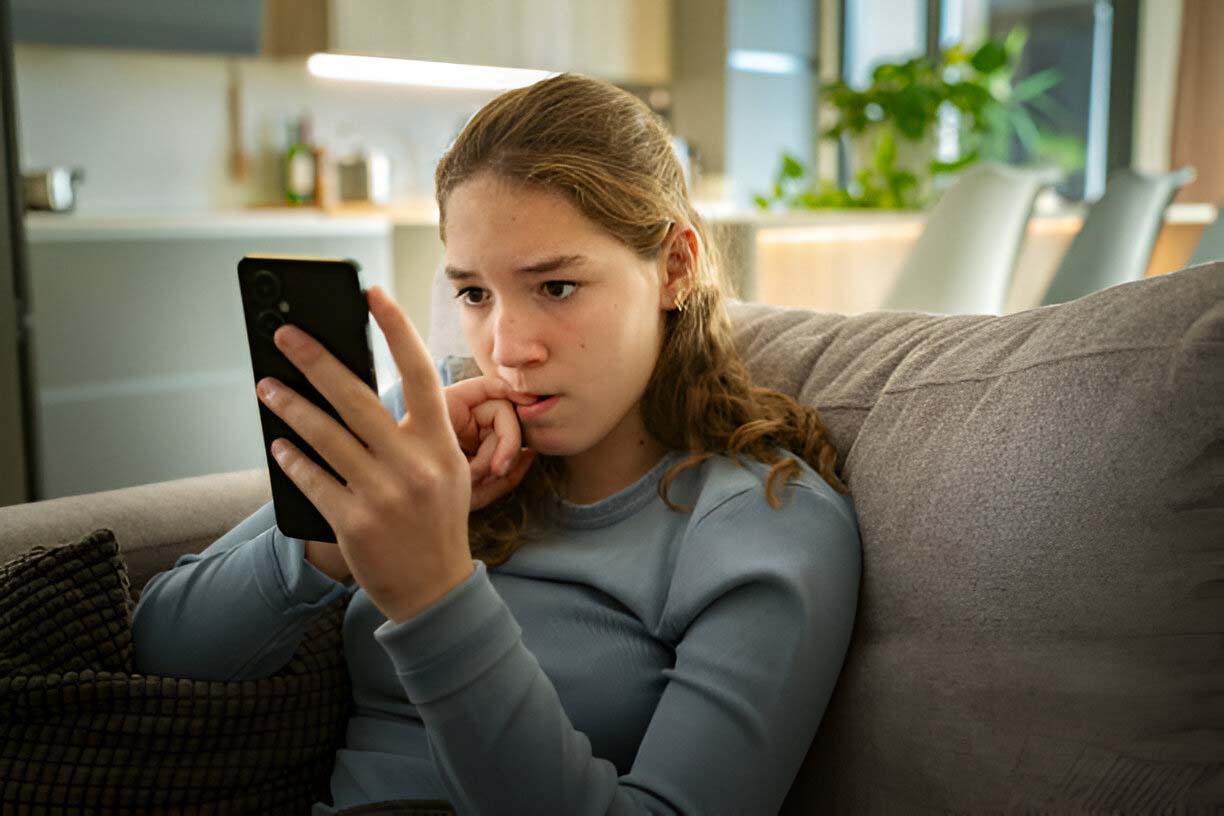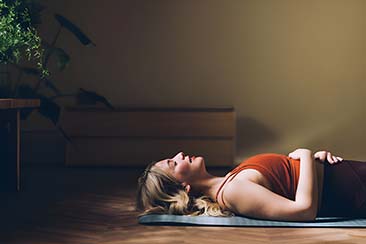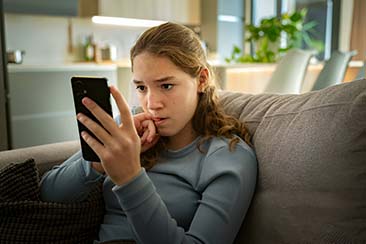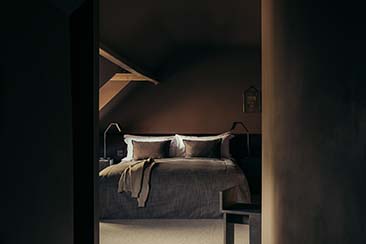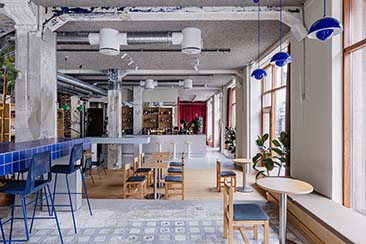Depression doesn’t always look like sadness anymore. Sometimes, it looks like scrolling for hours without feeling anything. Or forcing a smile during video calls. Or feeling completely alone even when you’re getting dozens of messages a day.
We’re always connected now, phones in our pockets, screens in our faces. And yet, so many people feel more disconnected than ever. The truth is, technology plays a big part in how we live today. So it also needs to be part of how we heal.
In this blog, we’ll look at simple ways people are using technology to manage depression.
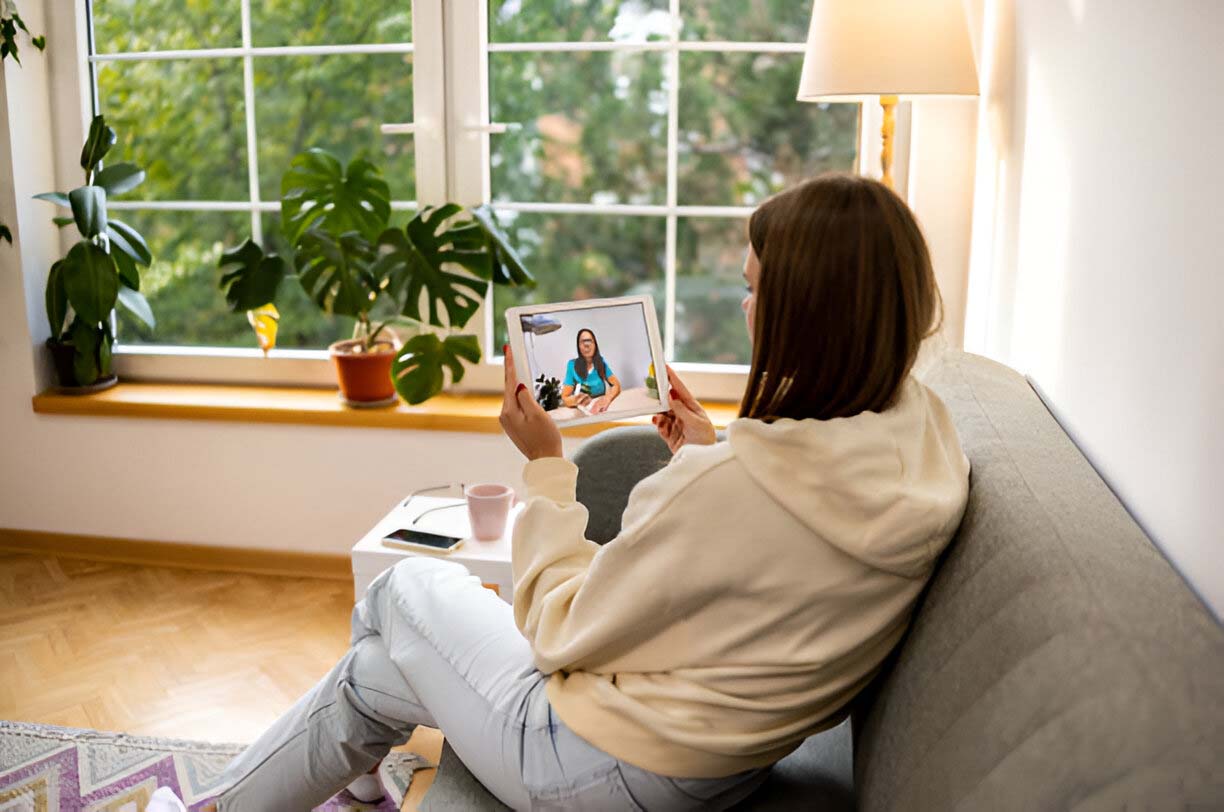
Talking to a Therapist
According to Vladimira Ivanova, Psychologist at The Diamond Rehab Thailand, “For a lot of people, the hardest part about getting help is actually showing up. The thought of sitting across from a stranger in a small office and talking about your feelings can be overwhelming. That’s why online therapy has quietly become one of the most useful tools for treating depression today.”
Platforms like BetterHelp, Talkspace, and even local therapists now offer video or chat-based counselling. You don’t need to drive anywhere, dress up, or wait in a crowded clinic. You can talk from your bedroom, your car, even your lunch break — wherever you feel safe. And for someone struggling with motivation, energy, or anxiety, that makes a huge difference.
What matters most is that you’re still talking to a real person. A trained professional. Someone who listens, asks the right questions, and helps you work through the fog one session at a time. You’re not just venting into a void. You’re slowly building a path forward — and it starts with showing up, even virtually.

Mental Health Apps That Keep You On Track (Even on Bad Days)
There are days when getting out of bed feels impossible. Days when your brain feels like it’s filled with fog and even simple tasks feel too heavy. That’s where mental health apps can quietly step in, explains Sinead Corceran, Yoga Trainer ERYT200 & Course Director at All Yoga Training.
Apps like Headspace, Calm, Woebot, Moodpath, and others don’t try to replace a therapist. They just give you a way to stay in touch with yourself. A short breathing exercise. A mood check-in. A space to write down how you’re feeling. It’s not therapy — but it’s something. And when you’re depressed, something is always better than nothing.
The biggest strength of these apps is that they meet you where you are. You can open one in the middle of the night when your thoughts won’t stop racing. You can use one in the bathroom at work when you’re trying not to cry. You can journal, reflect, or just press play and listen to someone guide you through a panic attack.
There’s comfort in that kind of support being just a tap away.
Some even use proven therapy techniques like CBT (cognitive behavioural therapy), helping you spot patterns in your thoughts, challenge negative beliefs, and build better habits — all in bite-sized steps you can do at your own pace.

Taking a Break from Social Media
Logging off can sometimes feel harder than going to therapy. Social media has become so woven into daily life that we barely notice how much it affects our mood. You open Instagram to check one thing — and before you know it, you’ve spent 40 minutes comparing your life to strangers’. That kind of slow, silent damage adds up, suggests Marissa Burrett, Lead Design for DreamSofa.
Depression feeds on isolation, low self-worth, and constant self-judgment. And scrolling through filtered highlight reels doesn’t exactly help. You see friends smiling, couples travelling, people bragging about their success — while you’re just trying to survive the day. Even if you know it’s not real, it still messes with your head.
That’s why one of the most helpful things people do now is simply take a break. It could be one day a week. A week off every month. Or even just setting app limits on your phone so you don’t go down the rabbit hole without realising it.
Finding Safe Spaces Through Online Support Groups
Not everyone has someone to talk to. And when you’re depressed, the idea of opening up to family or friends can feel impossible. That’s why online support groups have become a quiet lifeline for thousands of people, suggests Htet Aung Shine, Co-Founder of NextClinic.
Places like Reddit’s r/depression, Facebook support groups, or even apps like 7 Cups connect people who are going through similar struggles. There’s no pressure to be “okay.” No need to explain yourself. You can just share what you’re feeling, ask for advice, or even just read others’ stories and realise you’re not alone.
In many cases, these are the only spaces where someone feels understood. There’s something powerful about reading a message that says, “I feel the same,” from someone across the world. It makes things a little lighter.
Of course, not every online group is safe. Some spaces are unmoderated and filled with misinformation or triggering posts. So it’s important to choose ones that are well-managed and offer real support.
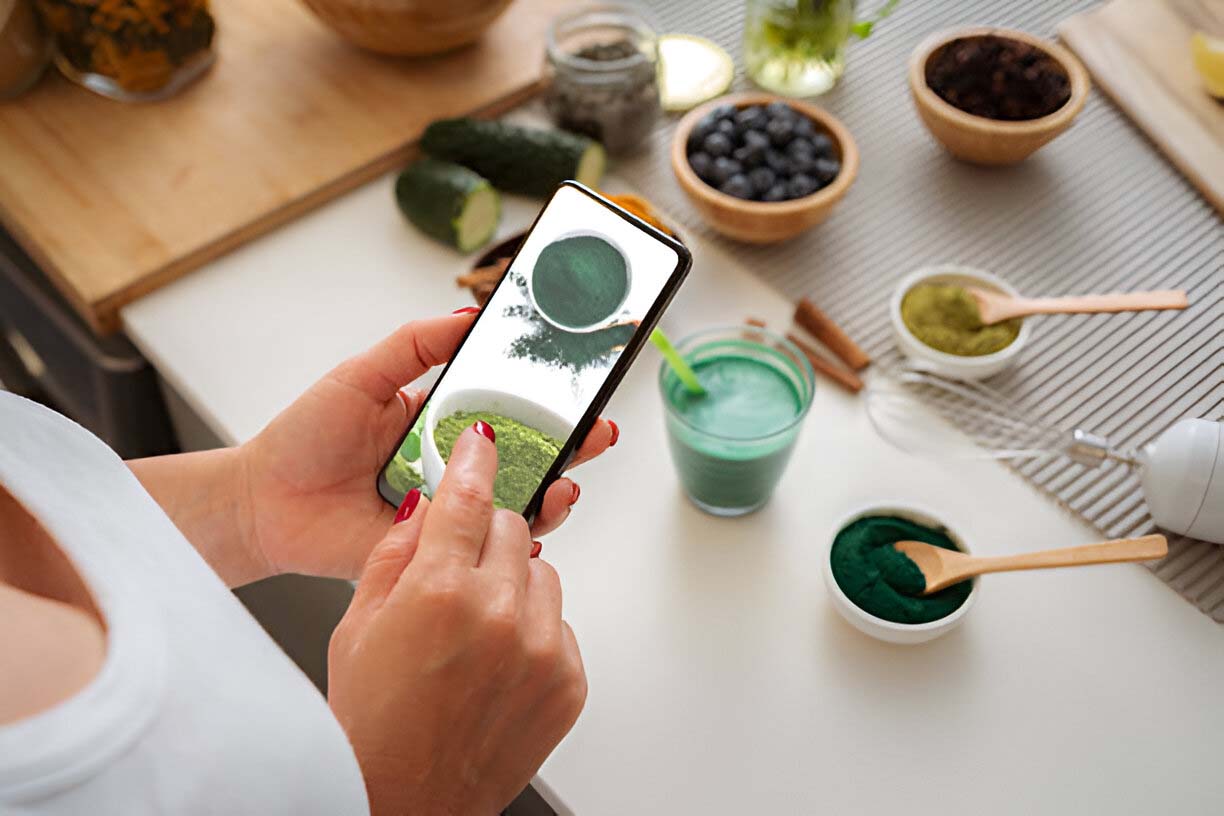
Using Tech to Build Healthier Routines
When you’re depressed, everything feels out of sync — sleep, food, movement, motivation. That’s why simple tech tools, like smartwatches or habit-tracking apps, can quietly help you rebuild your day, one piece at a time, says Corey Schafer, SEO Specialist at Florin|Roebig.
Devices like Fitbit, Apple Watch, or Oura Ring aren’t just fitness gadgets. They gently nudge you to move more, drink water, or get to bed on time. Even basic apps like Google Calendar or To-Do lists can bring back a sense of structure — something depression often takes away.
For many, these tools act as a quiet support system in the background. They won’t fix everything. But they do make it a bit easier to build habits that slowly pull you out of the dark, one step at a time.
Wrap Up
“There’s no single way to treat depression. Everyone’s different. But if you’re already using your phone every day, it makes sense to let it help instead of hurt,” concludes experts from Lashkaraa.com —Punjabi Suits.
Whether it’s speaking to a therapist online, using a mood tracker, or taking breaks from social media, small changes can help more than you think. You don’t need to fix everything overnight. Just start with one thing.
If it makes your day even a little easier, that’s a win. Keep doing what works, skip what doesn’t. That’s how you slowly start to feel better.
